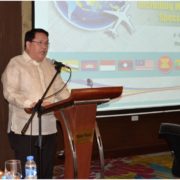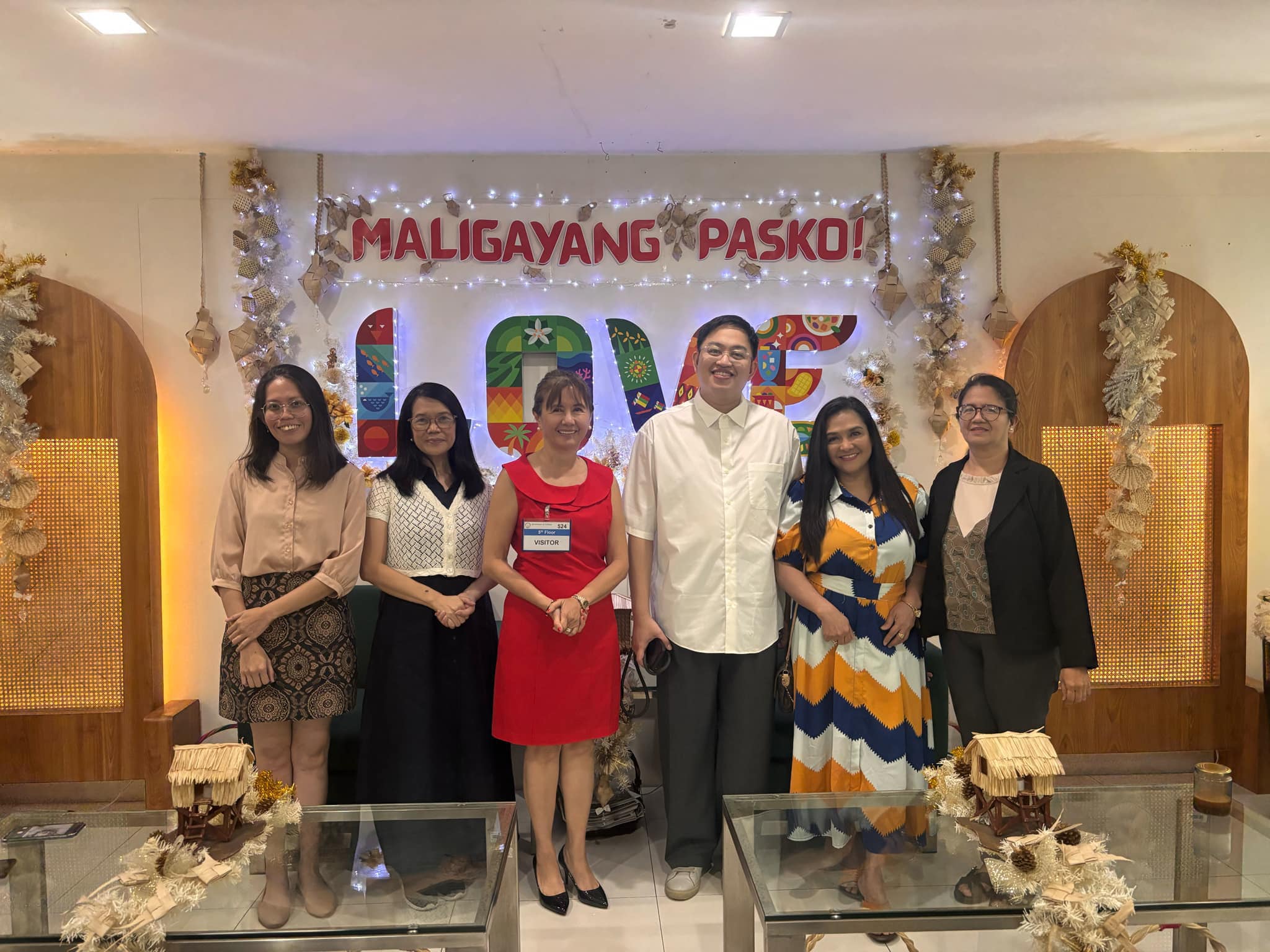
MANILA, Jan. 29 — With ‘Migrant Health’ being identified as one of the 20 priorities under the ASEAN Post-2015 Health Development Agenda, the Philippine Health Insurance Corporation (PhilHealth) in collaboration with the Department of Health recently held a three-day Workshop on the Development of ASEAN Guidelines on Health Coverage for Documented Migrants including Migrant Workers and Special Populations (Mother and Child) at Dusit Thani Hotel in Makati City.
The event served as a venue for experts on migration and health from ASEAN Member States (AMS) to take stock of the recent developments and updates on various policies, commitments, efforts and initiatives in the field of migration and health; conduct assessment and situational analysis of health coverage among documented migrants in the ASEAN region including migrant workers and a special population (mother and child); and to dialogue with other stakeholders on current health issues being faced by documented migrants.
The project builds on the previous work of the AMS focusing on the development of the said guidelines. An initial workshop on Migrant Health was held last June 2012 in Bogor, Indonesia, where a draft terms of reference on the implementation of Migrants’ Health activities in the AMS was discussed.
The workshop showcased 10 country presentations from Brunei Darussalam, Cambodia, Indonesia, LAO PDR, Malaysia, Myanmar, Philippines, Singapore, Thailand and Vietnam.
In his message, PhilHealth Acting President and CEO Dr. Roy B. Ferrer said that the conduct of the workshop is timely, especially at this point in time where various reforms toward universal health care are being undertaken in most AMS. “Truly there can be no universal health care if the health of migrants is left behind” Ferrer asserted.
Some of the challenges identified during the workshop are the lack of robust database system for monitoring for valid insurance coverage, accessibility to health services, fraud, physical and mental abuses, life-threatening drugs, unhealthy/unsafe working conditions, limited health insurance coverage, No Balance Billing by reimbursement basis, and difficulty to ascertain work-related injuries required for claims.
The workshop arrived at recommendations which include a practical platform for consulting, negotiating, and handling health issues, reporting of focal point on the implementation progress of the ASEAN Consensus, inclusion of migrant workers in the SHI scheme of the receiving countries, portable SHI in the region, access to emergency services regardless of status, harness ASEAN’s open dialogue approach, ensure accountability in the implementation of resulting guidelines, UHC and migrant health as part of the social protection agenda, and that all sending countries need to ensure that their citizens are provided with health insurance during their stay in the receiving country.
Ferrer encouraged everyone to continue to work towards the realization of a common vision where all ASEAN people as well as the migrants remain healthy.
–
Stay updated with news and information from Philhealth by visiting their website at https://www.philhealth.gov.ph.




